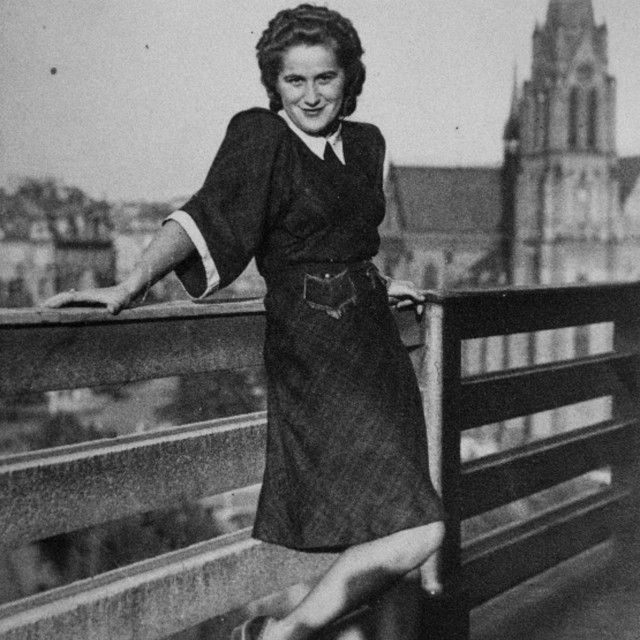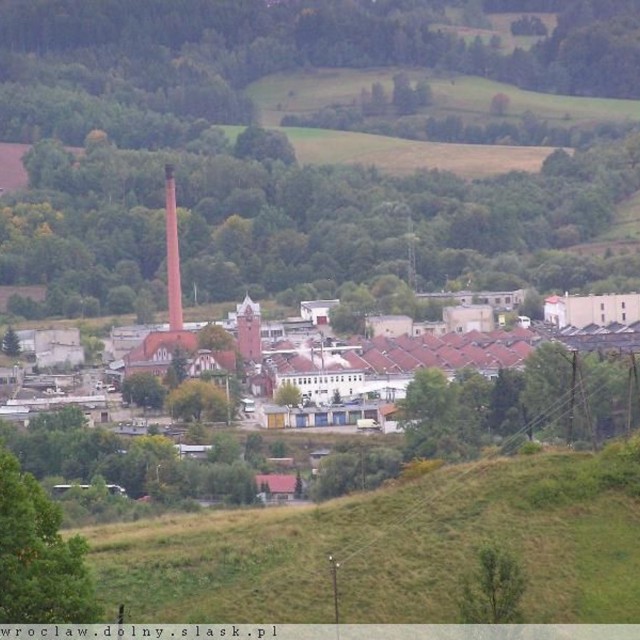We had a part of the brook, boys had their part
The living conditions of forced labourers differed depending on where and when they went for forced labour but they had many things in common. Often they lived in a wooden or brick shacks built near factories, or in barns if they worked in agriculture. In rooms they slept by six to ten. There was no hot water and they suffered from bedbugs, lice, rats. As meals they mostly had turnips, beets and potatoes mashed into unattractive food called “eintopf”. Despite the slavery conditions Jarmila Pláteníková has some fond memories, mainly thanks to friendships among the women.
“We had our group. In the summer, it was great, we washed in a brook. We always went to guard, boys had a part of the brook, we had ours and that is where we went to wash. In winter it was worse. Well, we had a tub and three, four or five of us washed in it. The hygiene was on such a level that eventually we washed only our hands and faces.”
To eat they received dark bread, 20 dkg of salami and a pot of tea every morning. Sometimes a package from home arrived. The worst conditions were in the winter. The sheds were built of panels so it was very difficult to heat them. There was draught through the cracks and prisoners often suffered from kidney inflammation.
Hodnocení
Hodnotilo 0 lidí
Trasy
Příběh není součastí žádné trasy.
Komentáře
Žádné komentáře k příběhu.





